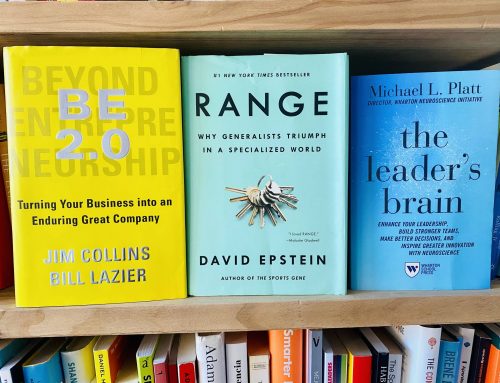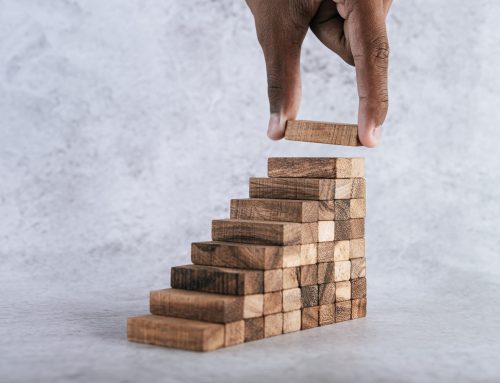Do you hate Mondays or do you love them? We all know that for most people Monday is not precisely their favorite day of the week.
A study published in 2006 went even beyond when it revealed that deaths from heart attacks follow a pattern during the week. They occur at their lowest rates on weekends and they are much higher…yes, on Mondays. The risk of a heart attack is 20 percent greater on Mondays for adult men than any other day and 15 percent greater for adult women. And guess what: most people die Monday morning at 9 a.m. than any other time. It seems that people would rather die than go to work…
Further research blamed the stress of returning to work as the major cause, but other studies revealed additional factors such as the heavier drinking over the weekend. But this “Monday stress effect” was also proved with retirees with no workload or drinking habits. Then, how can we explain this? And, most importantly, can we do something to face the week in a different way? To improve our health despite the stress we suffer?
In the late 70s, psychologist Suzanne Kobasa coined the term “psychological hardiness” to describe those personality traits that distinguished managers and executives who remained healthy under life stress, as compared to others who developed health problems. Years later, she developed the concept further with Salvatore Maddi and they concluded that those with a psychological hardiness face stressful events in an active and committed way and perceive them as less threatening. These people, instead of getting sick because of stress, take advantage of a difficult situation and see it as an opportunity to progress. And the best news is that if we are not born with this trait, we can develop it with practice. And we can do it through three dimensions:
1) Commitment
People with psychological hardiness have a deep sense of purpose in what they do. Everything they do must have a meaning for them and even if their work environment is a sinking boat, they don’t renounce to their core values, they work with purpose and commit to their values. For example, if creativity and honesty are their core values, they will try to apply them in everything they do, knowing that failing to do so one day could be enough a reason to make everything lose meaning. In fact, the more difficult the situation, the more necessary it is to connect with our essence and apply those values. Values are built in the light and executed in the dark.
2) Control
It is about being the master of the events that happen to us instead of feeling that we are dominated by them. The people who focus in the domain of what they can do, rather than what’s outside their control, tend to be more hardy and less stressed. Sometimes, accepting that we can’t solve something is the best solution.
3) Challenge
According to Kobasa, people with psychological hardiness enjoy challenges as they see them as an opportunity for growth, not as a threat to stability. Even if they fear to face a challenge, the feeling of accomplishment is big enough to find the courage to undertake it (I shared some examples of this in my previous post on public speaking and facing fear). We just need to think of a situation in the past where we found the courage to do something and how well we felt after we achieved it.
Setting goals and challenges also reduces the burnout syndrome and this creates a cycle: if we build our psychological hardiness we will respond positively to stress and this will positively affect our health, leading to even less stress.
It is interesting to start with small and feasible challenges so we can quickly experience the sense of accomplishment. An example would be the 10/10 challenge, which consists on committing to doing one new thing for ten weeks (i.e.: trying a new sport, reading a book in a foreign language, discovering a new area in our city, attending a new networking event, etc.).
Committing to our values and purpose, focusing on our sphere of control and starting the week with the intention and attitude to face a new challenge that makes us learn something new are three keys that will help us build our psychological hardiness.







Leave A Comment